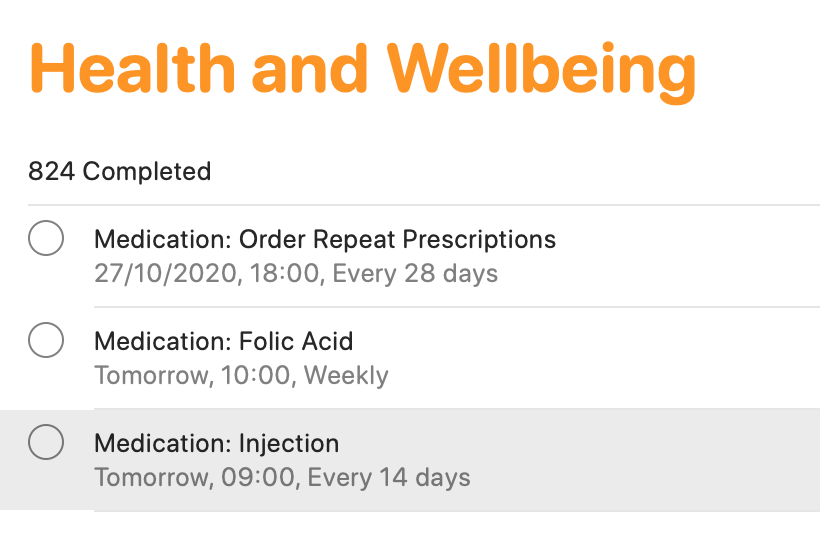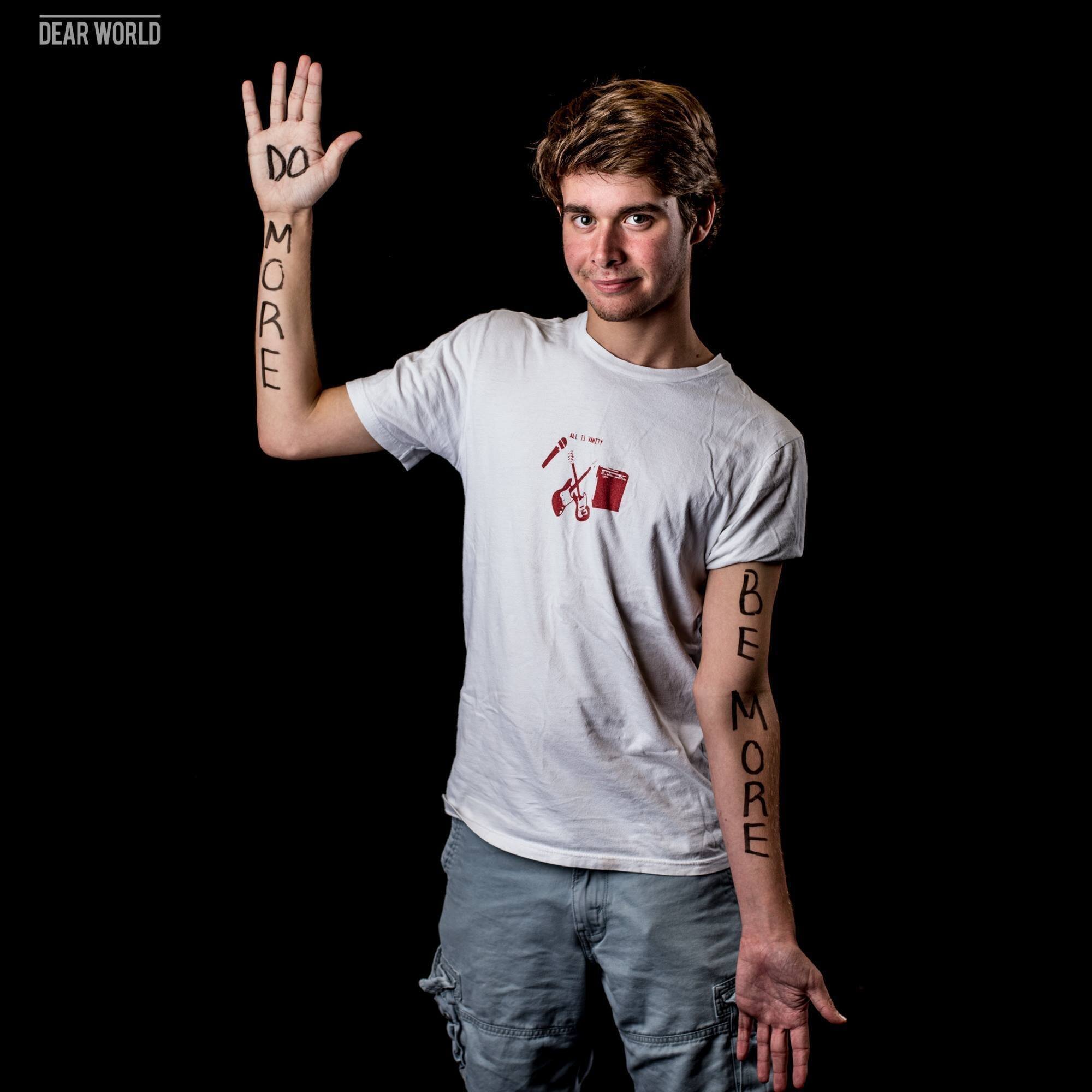As I sit in a coffee shop in the District of Columbia, I can't help but reflect on this past year, my freshman year of college. It's a transformative and influential time for most, and I can certainly say that it was more than this for me. I learned how to navigate the waters with my chronic condition, and once again I realized the importance of resilience to tackle both successes and challenges.
After living with a severe form of ulcerative colitis for more than 13 years, this was the first year I did not have my parents with me for every abdominal spasm and procedure. The transition was out of my comfort zone, but it taught me about independence. Below are some of the highlights of the year, as well as tips for living with a chronic condition in college:
Visit Disability Student Services before school begins. My mother pushed me to talk with the DSS services at my school so I could be established before I entered my freshman year. I wasn't too worried about registering with DSS, as I did not feel as though I would need it. In reality, DSS was a critical part of my school year. Registering before school starts is important because, after the beginning of school, there are a number of other things a student will have to worry about. The process is lengthy and it may require several phone calls to a physician's office. One of the perks of registering with DSS is that you can request a single room, which was a lifesaver for me, as I realized with my flare-ups.
Take the time to educate and communicate with your professors. If you've lived with a chronic condition for a number of years, this is probably something you already have experiences with. At the beginning of the year, I struggled with many episodes of inflammation and woke up some mornings with a feeling of paralysis in my abdomen. Subsequently, I missed my 8 a.m. class and lay in bed (in quite a bit of pain, I should add) and emailed my professor immediately. I was lucky, as my professor was always accommodating and willing to share notes, but having an upfront communication made it easier. It's often best to talk to your professor during the second week, after back-to-school commotion has eased.
It's OK not to tell everyone about your illness. The people I spent all of high school with knew of my history of being sick, but in college, almost everyone was a stranger to my illness. The second semester of freshman year I had a medical procedure every week, sometimes twice each week. While I am a huge advocate for people with chronic conditions, I find it challenging to tell people about my condition, because I really don't like the accompanying sympathy. Most of my peers are not aware of the medical challenges I lived with this year. On the whole, it's a good idea to educate your peers, but it can often be repetitive to have to explain every small detail.
Everything will not go as planned. I really struggled with this, as I wanted my freshman year to be pain- and symptom-free. I remember I was put on a high dose of antibiotics, which decreased my inflammation but caused a wave of new symptoms, including severe appetite loss and constant fatigue. Subsequently, I spent some more time getting evaluated at the Cleveland Clinic than I would have liked. I found myself constantly trying to develop time strategies to deal with my chronic condition, taking classes and managing a boatload of extracurriculars.
Don't let your illness be your excuse. The reality is unfortunate, but at the end of the day, very few people will take into account your struggles with chronic health conditions as you navigate schoolwork. I found myself having frequent spasms and still working very hard on a biology test. You may have to make some sacrifices in order to get extra rest or to catch up, but it can be done.
Learn to navigate around dining hall food. There's a way to bypass dining hall food and instead keep a refrigerator with food that you're able to tolerate. I have a very complicated diet, and the dining hall at my university was not able to accommodate my needs (understandably so, as my diet changes every few months). I had my doctor send a letter so that I could provide my own meals.
It's OK to feel alone – and remember, it's all a learning experience. Many of us have been fortunate to have our parents drive us to procedures and wait with us. After having a few visits to the Cleveland Clinic, I was prescribed treatment that required me to see a health care specialist at least
once a week at an office near my campus. I often went to my procedures in between classes and came to my next class half asleep. It was a new learning experience for me, as I did not have family right there with me.
Freshman year was quite a learning experience for transition. While I often felt overwhelmed with my illness, I ended up learning quite a bit with support from a distance. I encourage all college students with a chronic condition to find ways to ensure that your illness will not stand in the way of your goals (something easier said than done, but it is possible).
Content originally created for U.S. News and World Report. Find the original article here: https://health.usnews.com/health-care/for-better/articles/2017-08-02/how-to-cope-with-a-chronic-condition-at-college




































